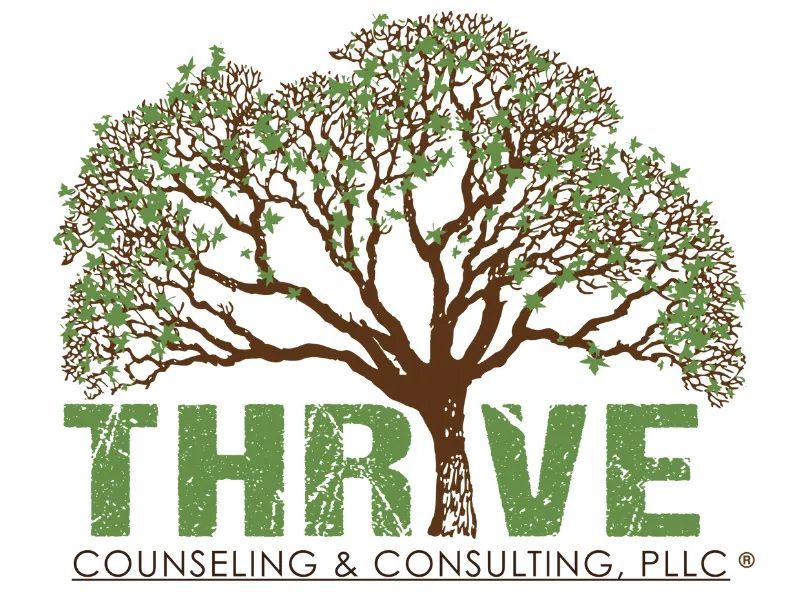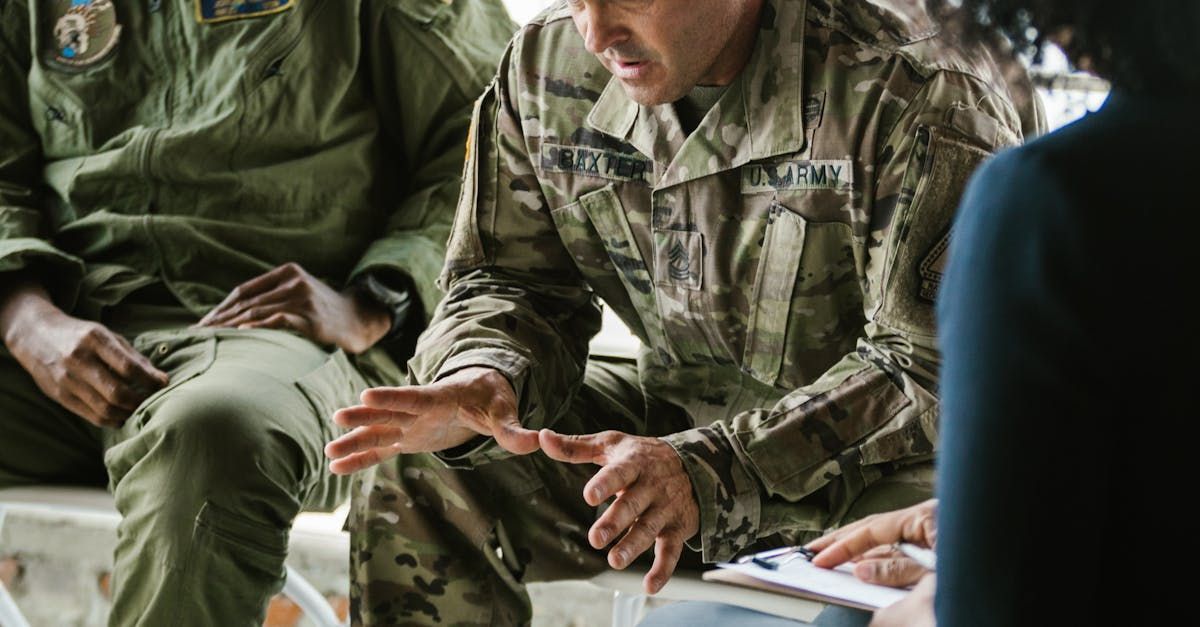Managing Stress & Trauma for COVID-19 Frontline Workers
Safety concerts for front line workers
Healthcare workers and others on the front line in the fight against COVID-19 are heroes whose efforts must not go unrecognized. Such positions take a physical and mental toll and put workers at serious risk for post-traumatic stress disorder. Exhausted doctors and nurses have compared their overwhelmed hospitals with limited space and resources to MASH units and described their working experience as being "in the trenches." There are many contributing factors to the trauma that frontline workers are facing with the current pandemic situation, but the best method for fending it off is preparedness. By staying consciously aware of the following issues you can help manage your stress and mitigate your risk.
Safety Concerns
Even under normal circumstances, nurses often feel like they have little control over their work conditions and personal safety. Recently, this has been amplified dramatically due to concerns of catching the Coronavirus. Healthcare workers are among those at the highest risk for infection, yet many report they are being sent in to work without the proper protective equipment, or even being told to remove their masks so as not to scare patients. Doctors and nurses must protect themselves first and foremost in order to fulfill their duties, which, despite the risks, is something they are very much willing and eager to do. Many feel stuck between a rock and a hard place, just doing their best to keep up. But dealing with this lack of autonomy day in and day out is one the top factors wearing down many frontline workers.
The Tolls of PPE
For those fortunate enough to have adequate access to proper protective equipment, another concern arises. There are challenges to wearing a mask over your face for extended periods of time every day. You are at risk for dehydration, overheating, and exhaustion. Most frontline workers are in fast-paced positions, where opportunities to find moments here and there to rest, breathe, take a drink, and otherwise calm themselves down are few and far between, There are already enough mental and emotional challenges to overcome during the pandemic without adding to your body's physical strain.
Long Hours & Physical Isolation
A study of U.S. physicians conducted shortly before the COVID-19 outbreak found that 46% showed symptoms of burnout, and it's safe to assume the number has shot up since. On the whole, healthcare workers tend to be very self-reliant and are notoriously bad at asking for help. Now, as they give all of themselves to their work, many nurses simply can't leave the traumas of their day behind when they go to sleep at night. On top of a job that is naturally emotionally-draining, they are fighting an uphill battle against the enormous and ever-growing number of Coronavirus patients leading to longer hours and more stressful working conditions. It's essential to monitor your own well-being and watch for signs of burnout.
For additional assistance managing your stress and working through the difficulties of our current situation, please contact Thrive Counseling & Consulting, PLLC.











